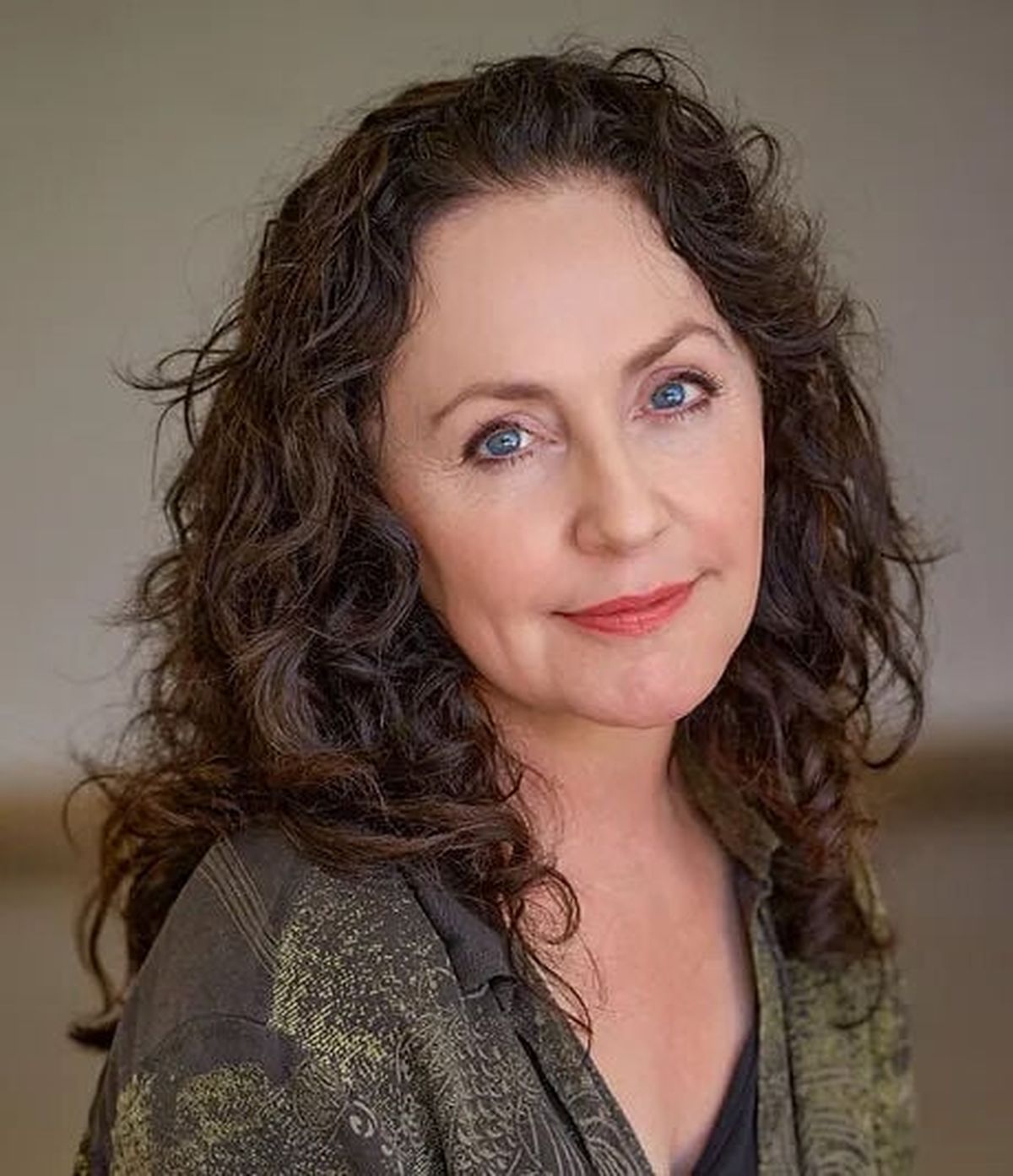Rene Denfeld hopes to inspire change, reflection with new book ‘Sleeping Giants’

On its face, “Sleeping Giants” can appear like a dark story focused on a woman searching for truth after learning her 9-year-old biological brother was swept away by waves crashing on a remote Oregon beach 20 years before.
But author Rene Denfeld, whose books often cover systemic wrongs, said the story carries a through line of hope, one she has managed to keep alive in her own life.
Denfeld will discuss “Sleeping Giants” on Tuesday with Northwest Passages Book Club at the Steam Plant rooftop events center.
As a child, Denfeld dealt with abuse and was homeless as a teen. Instead of running from her trauma, she grew up to become the chief investigator for the Portland public defender’s office, working to reshape the criminal justice system.
She then adopted three children of her own from foster care, helping them heal their wounds.
Her life is a testament that healing and systemic change are possible, Denfeld acknowledged.
“I think I’ve had the luck and opportunity to see change happen,” Denfeld said of how she stays hopeful.
While Denfeld has delved into trauma and systemic issues, like child exploitation and abuse, in her previous books including Butterfly Girl and The Child Finder, this book felt more personal, she said.
“This one took a while,” Denfeld said. “It was a real labor of love.”
The idea for the scene depicted on the cover came during a trip to an Oregon beach for a mental health day when she spotted a little boy charging into the water.
“I kind of followed that image into the story,” she said.
But it took her a while to find out what the book would be about at its core, Denfeld said.
“One of the things as a writer is to come as close to the truth as you can,” she said.
She did research into real life residential facilities that she modeled the fictional facility her character Dennis Owens was held in before he died.
Years later Owen’s biological sister, Amanda Dufresne, who was adopted as a baby, discovers while looking into her late birth mother that she had a sibling.
Dufresne hopes by getting to know more about her birth family she will learn more about herself.
While searching for the truth, Dufresne uncovers the horrible treatments her brother went through as a forgotten foster child left in a home for disturbed boys on the coast.
Denfeld’s own experience as an adoptive parent of her three children from the foster care system, which she wrote a viral Modern Love essay about in 2017, informed the book.
“It’s because my children came from foster care I think I have a lot of awareness of the vulnerabilities of the system,” she said.
Her children’s healing journeys also inspired hope in the story.
“I think as human beings we have the capacity to do a lot of things but we also have the capacity to fix them and make the world a better place,” Denfeld said.
Exploring those real world traumas through fiction, Denfeld said, is a way to avoid traumatizing victims while still creating an avenue for systemic work.
“I think true crime has a fascination with people, because I think we’re actually really genuinely trying to figure out why these things happen,” she said. “I think fiction kind of gives us the ability to talk about some of the harms in society without exploiting any real people.”
Through a compelling story, Denfeld hopes to inspire and challenge readers, she said.
“I think as writers we have an opportunity to really educate people about why this is happening and what can we do about it,” Denfeld said.